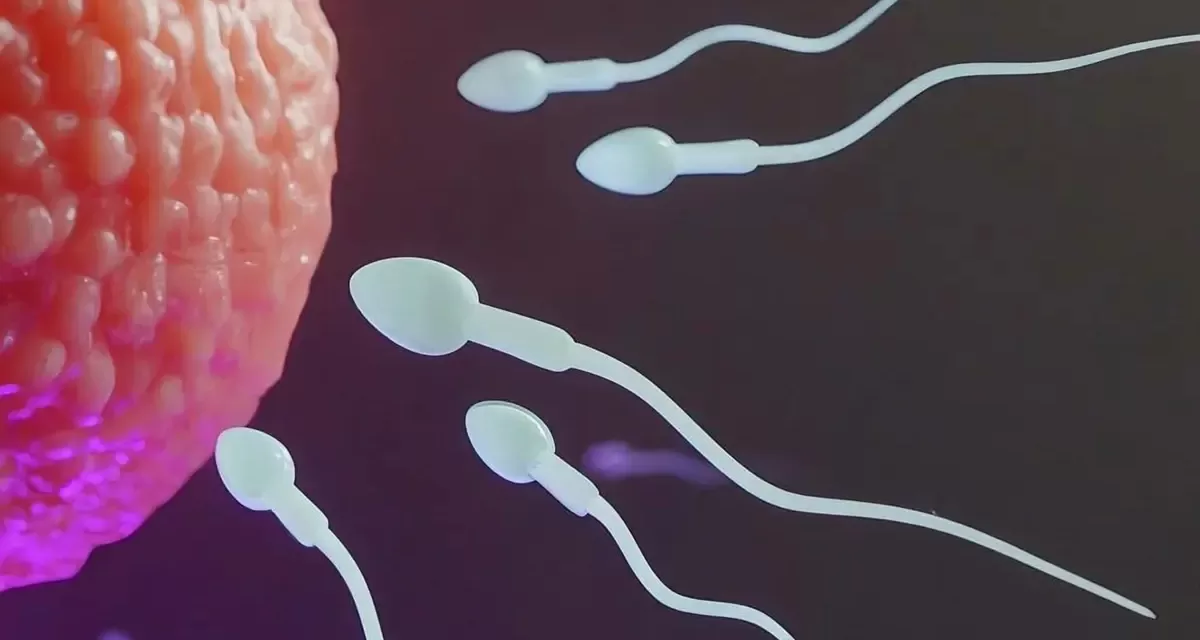A groundbreaking study from the University of Colorado Anschutz Medical Campus has uncovered a surprising effect of stress on sperm performance, revealing that stress can enhance sperm motility once the stressful event has passed. These findings provide valuable insights into the complex relationship between stress and reproductive health and could have significant implications for improving fertility rates, particularly in the wake of global stressors like the COVID-19 pandemic.
Stress Boosts Sperm Motility Post-Event
Contrary to the widely held belief that stress negatively impacts reproductive functions, the study shows that sperm motility—a key factor in successful fertilization—actually improves after a stressful event is over. Researchers observed a notable increase in sperm motility two to three months following the stressor.
“Our findings show a significant, time-dependent increase in sperm motility following perceived stress, which aligns with previous studies on changes in the microRNA in human sperm,” said Dr. Tracy Bale, the study’s lead author. The results suggest that stress-induced biological changes, particularly those occurring after a stress event, could have evolved as an adaptive mechanism to enhance reproductive success during challenging times.
The Role of Extracellular Vesicles in Sperm Development
A major focus of the research was the role of extracellular vesicles (EVs), tiny particles released from the male reproductive tract that play a crucial role in sperm development. These vesicles were found to significantly influence sperm motility and energy production through mitochondrial respiration—the process that generates energy for cell function.
Lead study author Nickole Moon likened this to a car struggling up a hill. “When the engine is stressed, the car becomes less efficient. However, with a little more gas, you can boost the overall performance for a smoother drive,” she explained. Similarly, cells under stress improve their energy production, resulting in enhanced sperm movement and overall performance.
Implications for Fertility and Evolution
The implications of these findings are far-reaching. While semen quality has been declining over the last 50 years, partly due to increasing environmental stressors, this study suggests that stress, when managed, could have a positive impact on fertility by enhancing sperm function.
“This timing, where sperm function improves after stress, might be evolutionarily beneficial to increasing birth rates, particularly following challenging times like those experienced during the COVID pandemic,” said Dr. Bale.
The findings also raise questions about the evolutionary role of stress in reproduction. The ability of sperm to adapt and perform better after stress may have developed as a survival mechanism, offering an evolutionary advantage in times of environmental or social hardship, such as during famines or pandemics.
Expanding the Understanding of Stress and Fertility
While this study focused on the male reproductive system, the researchers emphasized the importance of understanding how stress impacts both partners in the fertility process. Lead researcher Dr. Neill Epperson highlighted the need for further research into how stress affects germ cells and the mechanisms that may transmit stress experiences across generations.
The research team is already conducting additional studies to explore how stress information is transmitted into EVs and how this influences not only fertilization but also brain development in offspring. A clinical trial is also planned to further investigate the relationship between EVs and sperm in seminal fluid, offering deeper insights into how stress impacts future generations.
Conclusion: A New Perspective on Stress and Reproduction
The study, published in the journal Nature Communications, offers a fresh perspective on the role of stress in reproductive health. By identifying a stress-induced mechanism that enhances sperm motility and energy production, the findings open the door to new approaches for improving fertility, especially during challenging periods. Additionally, this research could have broader ecological implications, helping to understand reproductive strategies in other species and addressing concerns over fertility in endangered animals.
As stress remains a common part of modern life, understanding its effects on reproduction will be crucial not only for fertility treatments but also for managing broader health impacts in both humans and wildlife.












